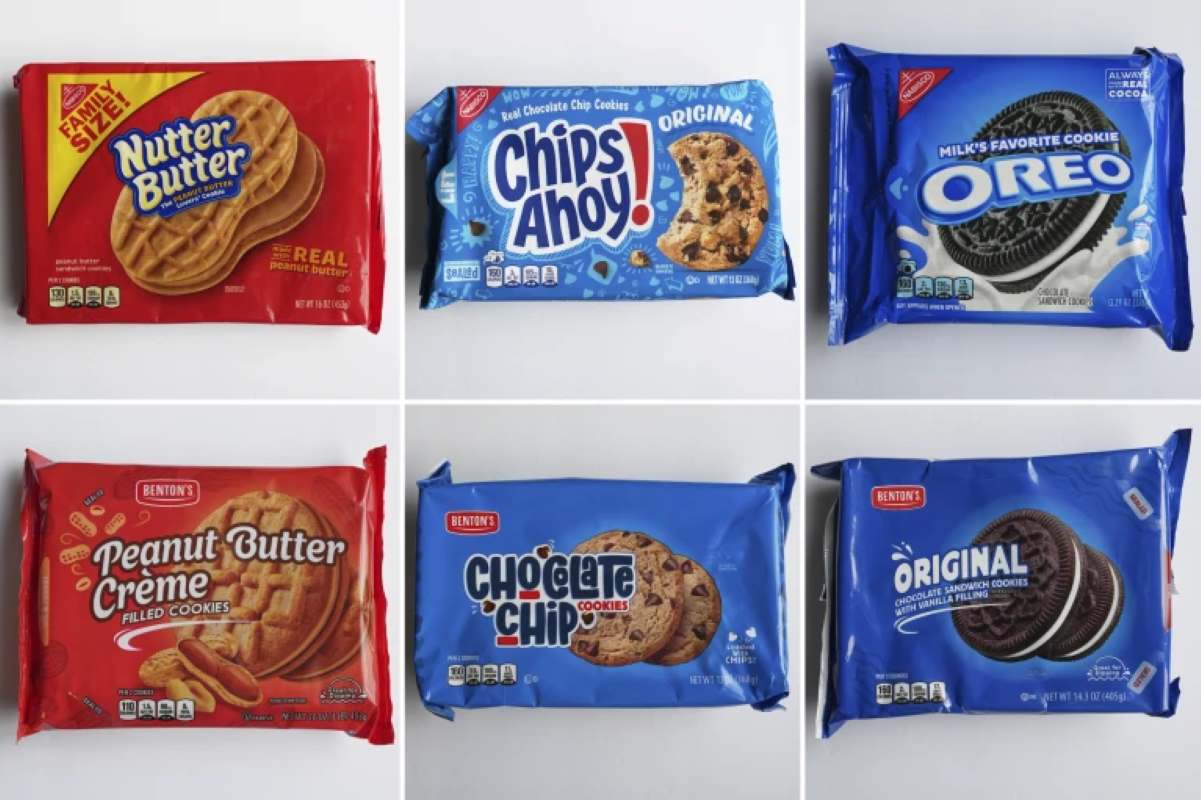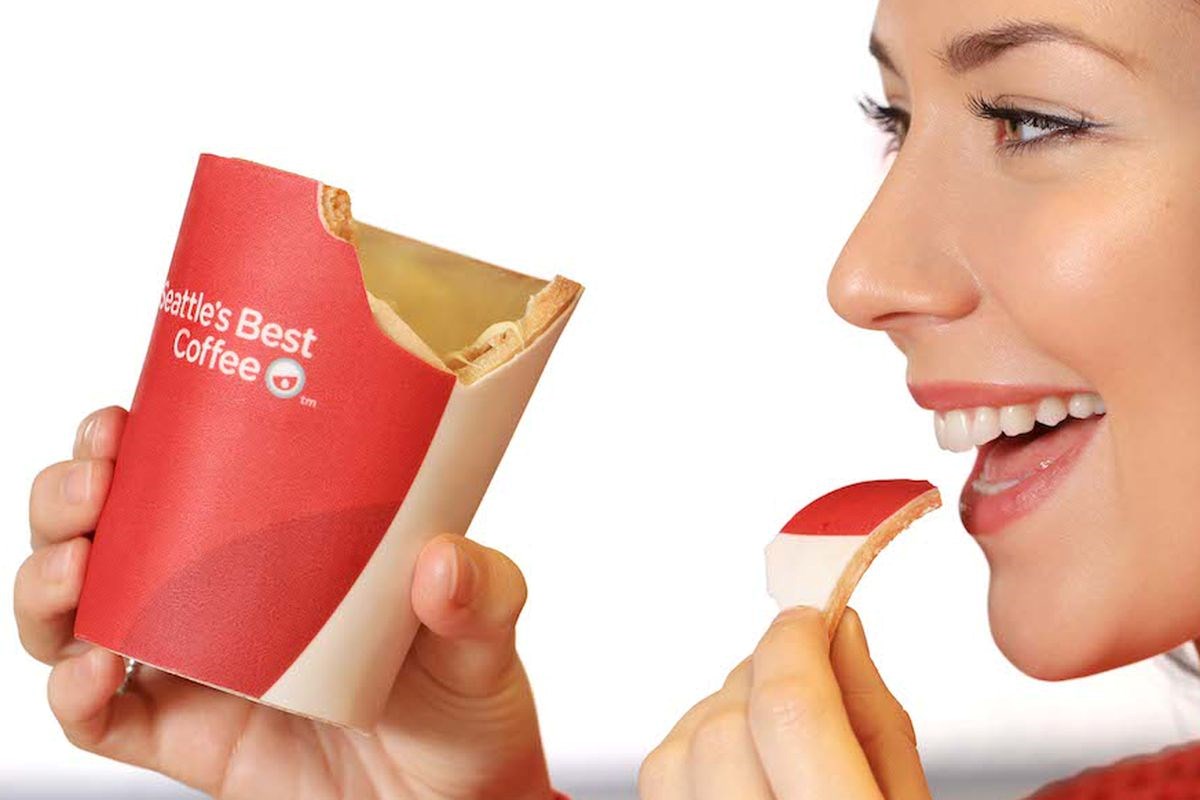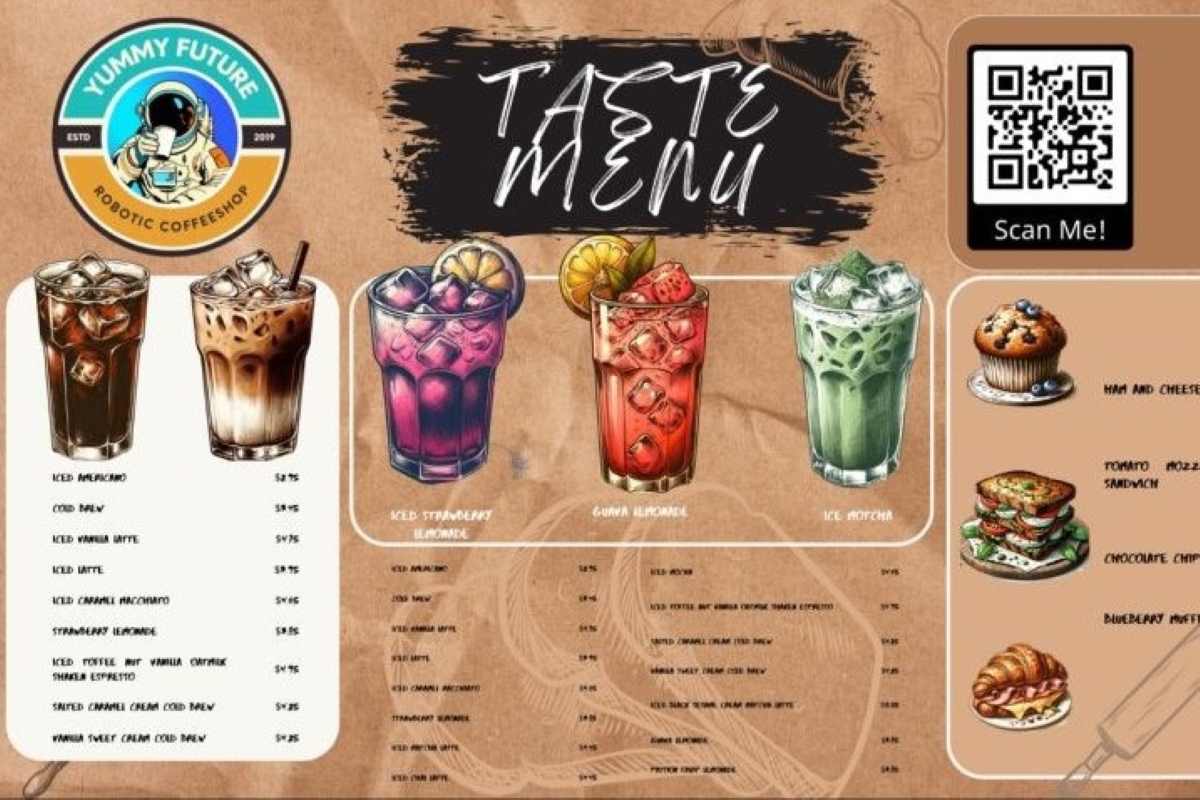In the last week of May, an Aldi Mondelēz copycat case was officially initiated in Illinois, United States. The trademark infringement and product packaging dispute began after Mondelēz cried foul about Aldi’s supermarket lookalike brands. The official lawsuit contains statements that infer Aldi has been engaging in a food retail competition with Mondelēz by selling items with lookalike packaging.
Mondelēz’s court filing directly references Aldi’s Illinois facility, based in Batavia. Also, pictures place specific packaged food products from the company side by side, pointing out what Mondelēz claims are glaring similarities. Consequently, the Aldi Mondelēz copycat case concerns product imitation and supposed intentional consumer confusion.
ALSO READ: 5 Ways Supermarkets Strategically Arrange Their Shelves to Influence What You Buy
The legal battle has the potential to take multiple turns. To put the strength of Mondelēz’s argument in perspective, the brand identity lawsuit made claims of intellectual property infringements. For example, the case filing compares and spotlights similarities in the packaging of Mondelēz’s Wheat Thins to Thin Wheat crackers by Aldi. The retail chain will most likely defend the similarity of the gold box in which the two cracker products come by affirming its marketing strategy. Similarly, Mondelēz’s Ritz and Aldi’s Golden Round crackers both come in red boxes.
However, Mondelēz will also likely look for legal precedents to obtain a favorable court ruling. Alternatively, like many other branding wars, the duo may eventually settle the legal battle out of court.
The Aldi Mondelēz copycat case should not be strange to the German retail chain. The company has faced many product packaging disputes in the past. These cases involved food manufacturers claiming Aldi committed trademark infringements. The retail chain has German origins and operates some 2,500 outlets in more than half of all states in the US.
If the Aldi Mondelēz copycat case eventually gets heard in court, the court ruling will set a notable legal precedent for subsequent food trademark infringement cases in the US. Mondelēz insisted on pursuing the case after the retail company failed to comply with official caution. The multinational food company officially pointed out that supermarket lookalike brands are causing consumer confusion at Aldi stores. After the notice, Aldi changed the package of some items and discontinued some altogether.
ALSO READ: RFK Jr. Cracks Down On US Food Companies Using Artificial Additives
However, the remaining items on which Aldi failed to comply gave rise to the Aldi Mondelēz copycat case. We can only keep our fingers crossed. The retail chain may compromise, settle out of court, or fight to obtain a judgment.
ABOUT THE AUTHOR

Babatunde Olufemi is a food scientist, educator, and science-based food writer. He has academic and practical exposure to food processing, nutrition, food safety, and the global food industry. Through Quill of Grubs, he breaks down complex food science topics into clear, accessible explanations for everyday readers, students, and professionals.











